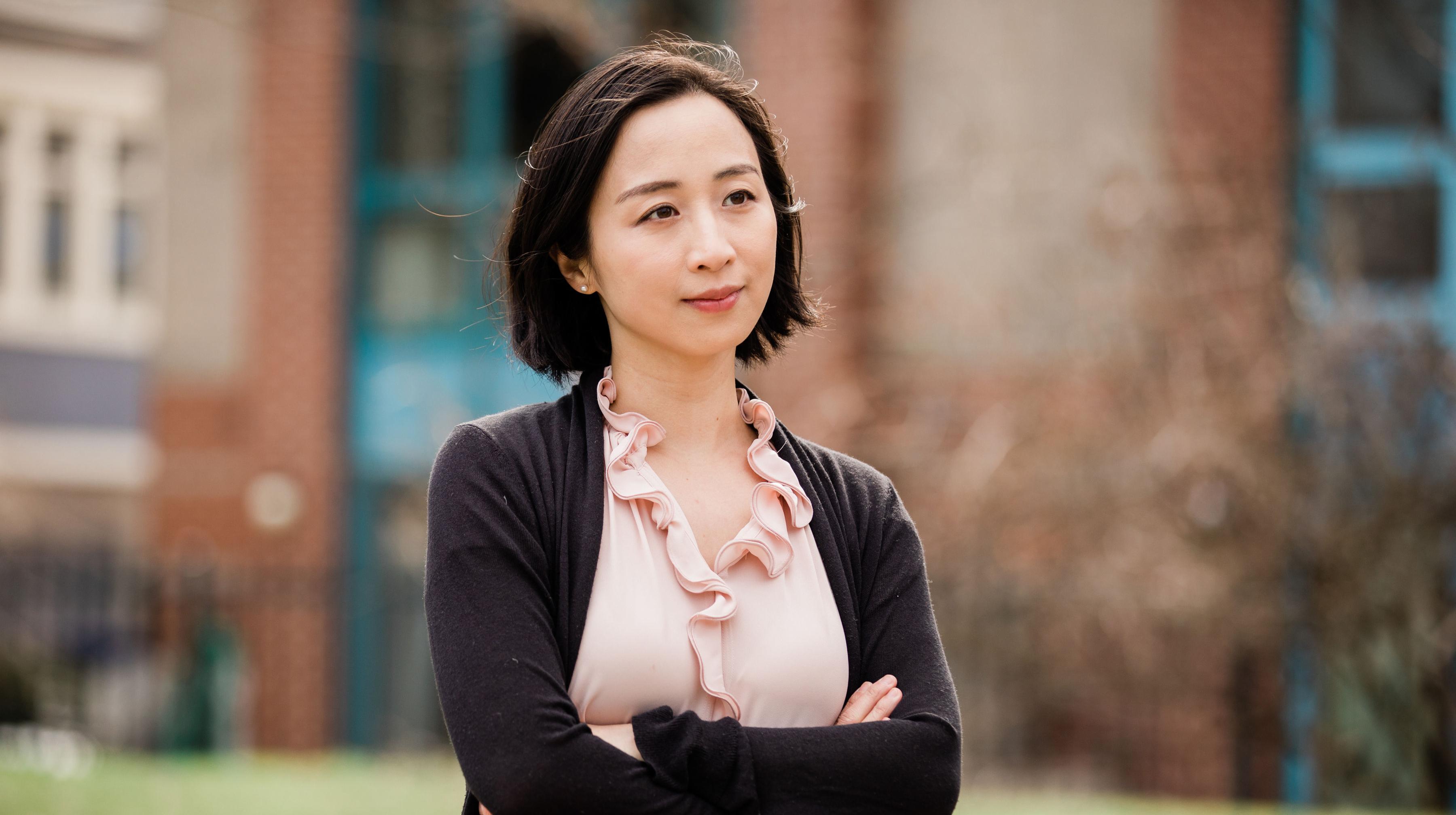Sexual assault victims have an incentive to report early, says Professor Lee

Assistant Professor Frances Xu Lee’s research on sexual assault reporting may eventually help policymakers design more effective reporting systems.
Lee approaches reports of sexual assault from the perspective of information economics, which is the study of the strategic incentives in disclosing or hiding information and the rational interpretation of people’s actions and speeches. For example, research in this field could study how disclosure rules will affect the information revealed, how firms sign contracts under asymmetric information, and how the biases of different experts in a panel affect the information collected and revealed.
Lee’s research on sexual assault was conducted with Professor Wing Suen at the University of Hong Kong. They considered the personal costs and benefits of reporting.“We think about costs very broadly: costs can be financial, emotional and psychological,” she says.
Victim versus libeler
Lee was inspired by news coverage of sexual assaults which ultimately gave rise to the #MeToo movement, and the related discussions of distinguishing a victim from a libeler.
“It’s a hard problem because we have people who have no hard evidence,” says Lee. “These crimes are usually not violent in nature. It’s he said, she said.”
Incentive for victims to make accusations
There is an incentive for victims to come forward first, as reports can encourage others to corroborate.
“Credibility increases with additional accusations against the same person. When a victim makes a first accusation, it encourages the silent victims to speak up,” says Lee. “But out of fear of no corroborator, most still want to take a wait-and-see approach.”
“The public nature of an allegation is necessary here for this encouragement effect, but the publicness is a double-edged sword. It can encourage others, but it can also be very costly if no other silent victim exists or no other victim is courageous enough to follow,” says Lee. “If others don’t report, the single reporter is doubted and bears the cost of being thought of as a liar and of not receiving justice.”
First accusation is more credible
Lee also looked at the “delay in reporting suspicion,” the idea that the longer an alleged victim delays, the more suspicion arises from the public regarding his or her claim.
She found that libelers are more likely to delay, and true victims are more likely to speak up early.
“Sexual crime tends to be repeated, so victims know that there are likely to be other silent victims,” says Lee. “Such knowledge is not there for libelers. They’re very unsure about the existence of other corroborators until someone else has already made an accusation.”
From this, Lee’s research concludes that the delay from the alleged incident to the time of the report is quite valuable in interpreting the truthfulness of a report.
Public perception of sexual assault reports
In addition to analyzing incentives, Lee believes economics can contribute to this issue by rigorously using the Bayes’ Rule to model the way that the public processes information. The Bayes’ Rule describes a process of revising one's assessment of the probability of an event based on other available information (a mathematical formula for calculating conditional probability.)
Consistent with the Bayes Rule and the strategic incentives of the victims and libelers, the public’s assessment of culpability increases with the number of allegations against the same person.
“We’ve seen this with many public cases,” says Lee. “The #MeToo movement noticed the repetition of these crimes, and repetition gives credibility to the victims’ stories. This is totally rational for the general public to focus on the number of allegations. This is how people process information.”